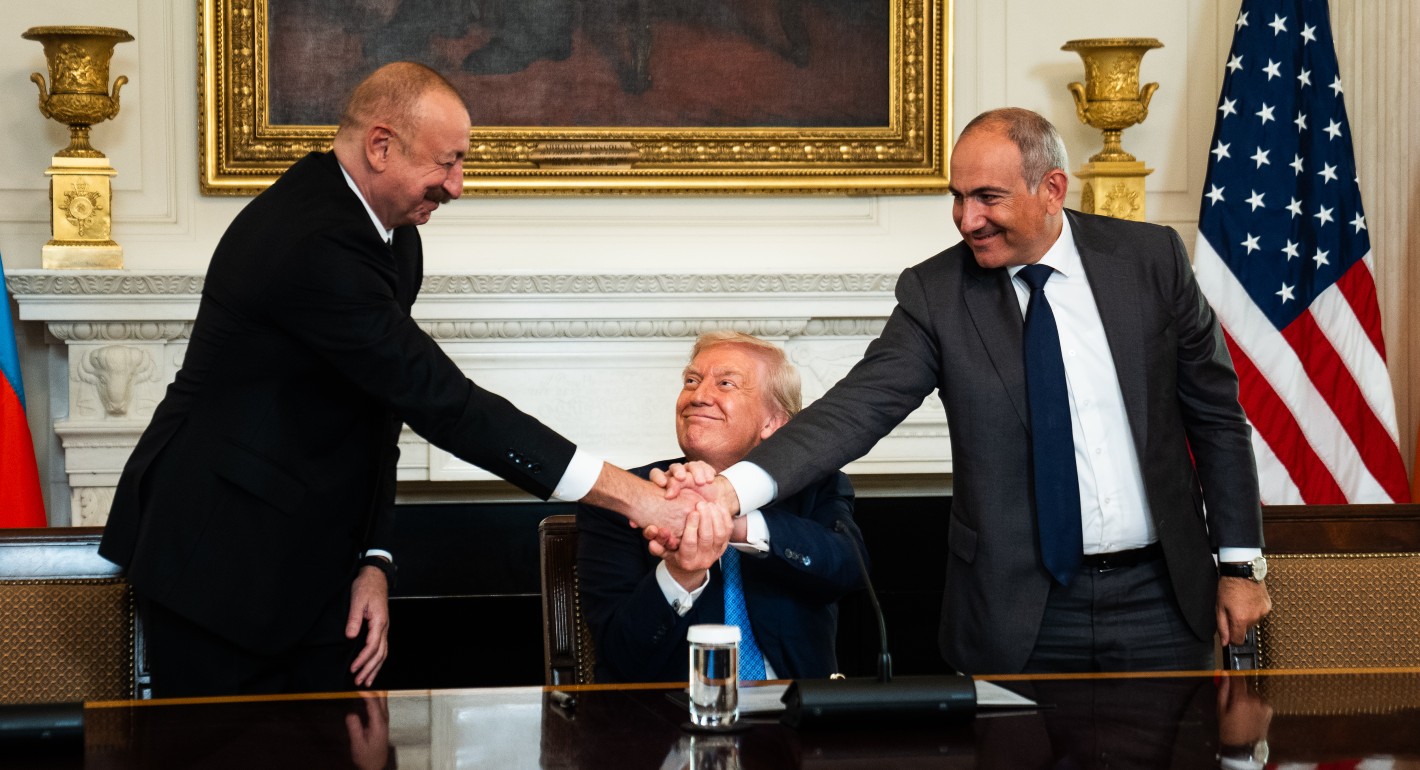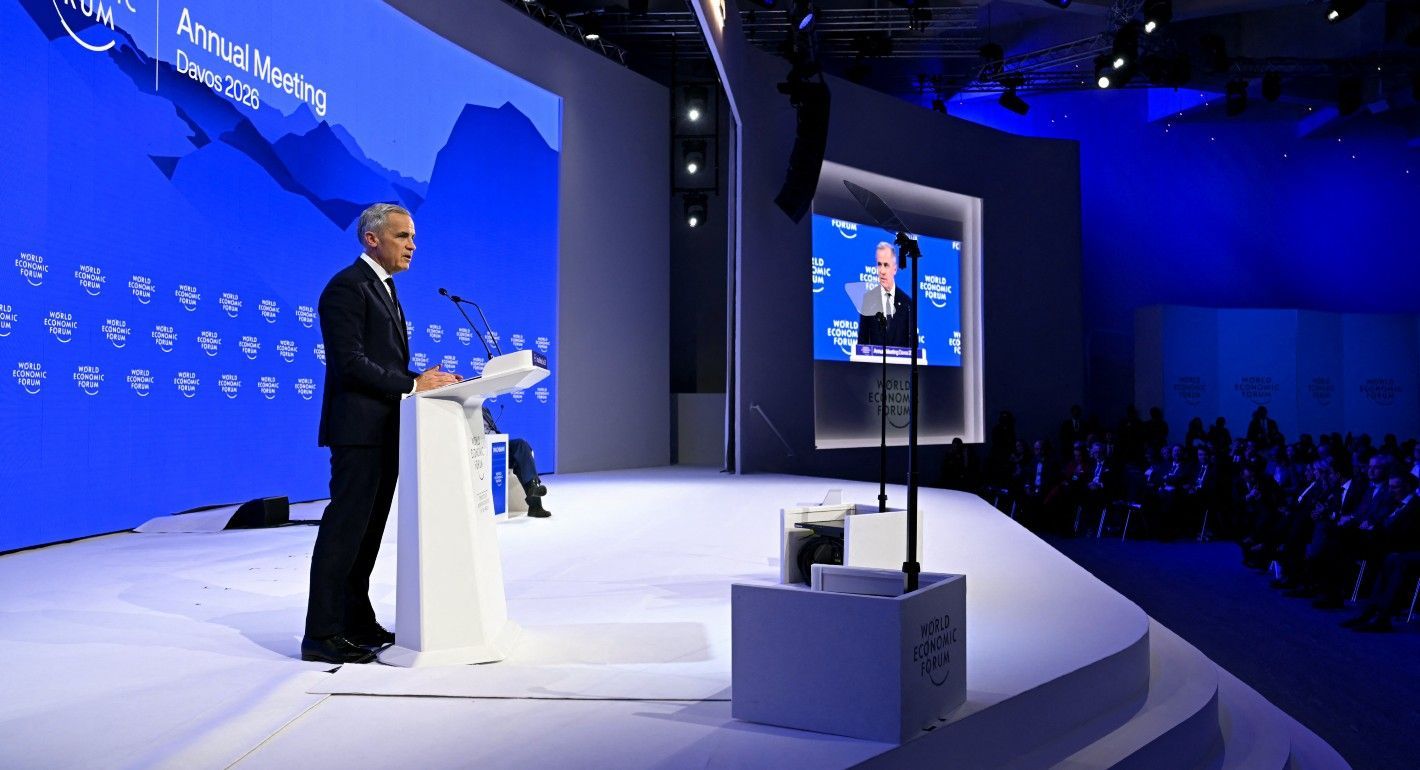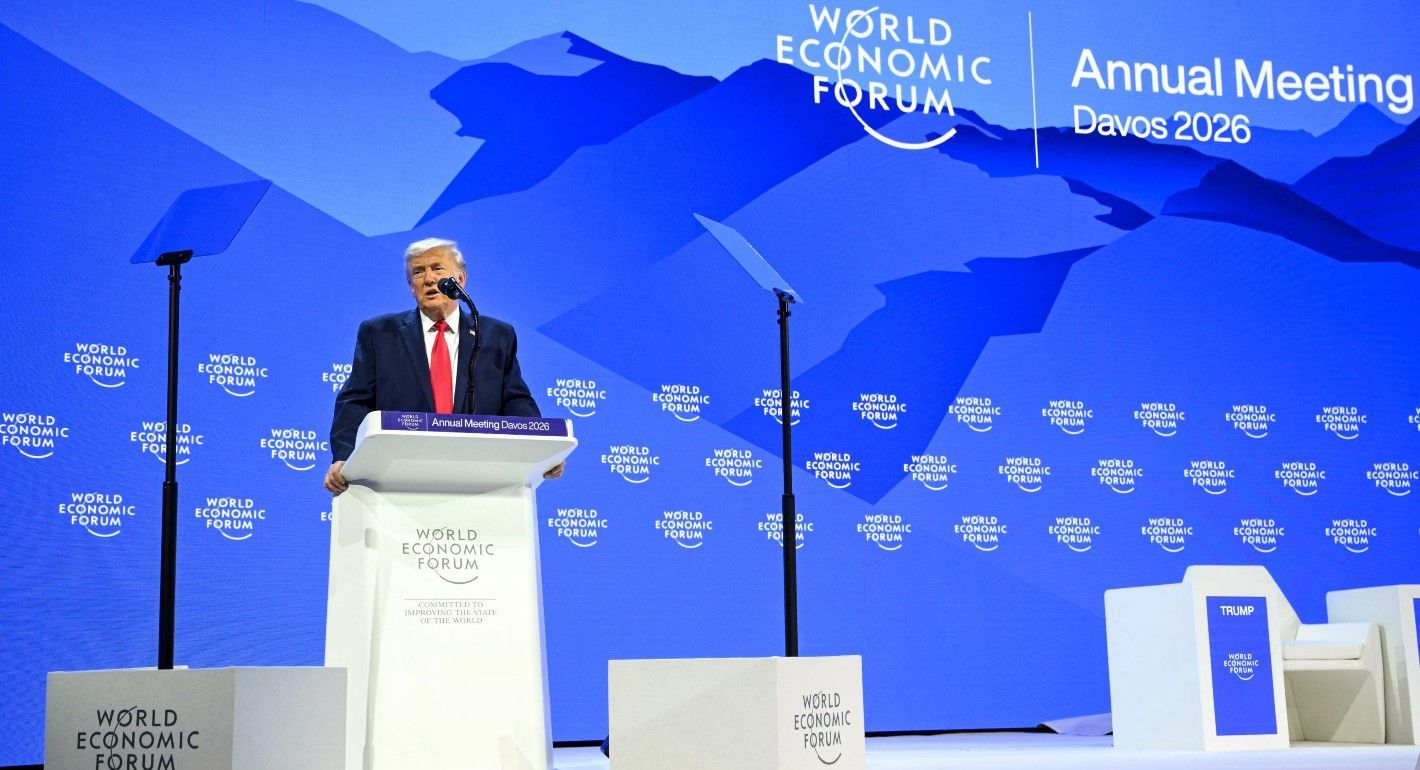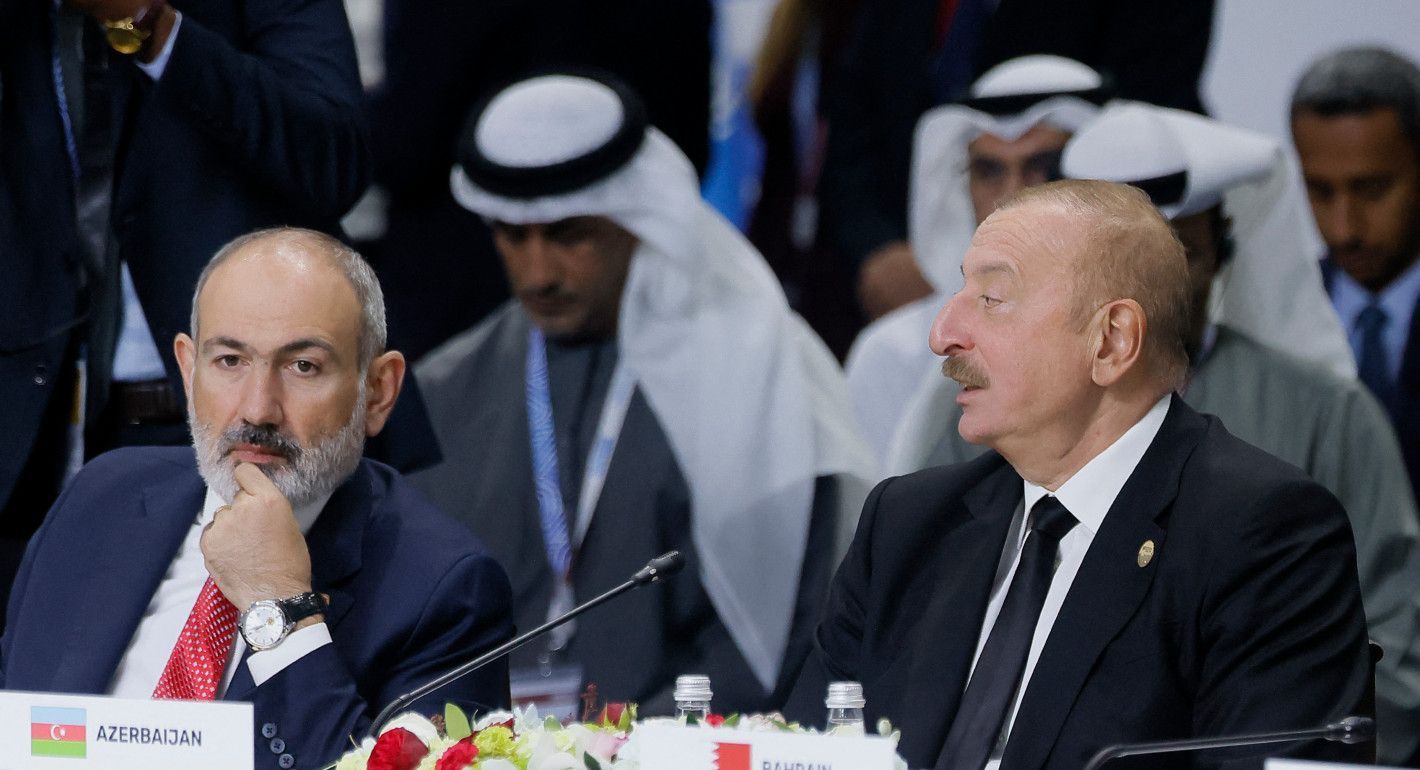Garo Paylan
{
"authors": [
"Garo Paylan"
],
"type": "commentary",
"blog": "Emissary",
"centerAffiliationAll": "dc",
"centers": [
"Carnegie Endowment for International Peace"
],
"collections": [
"European Politics",
"Aso Tavitian Initiative"
],
"englishNewsletterAll": "",
"nonEnglishNewsletterAll": "",
"primaryCenter": "Carnegie Endowment for International Peace",
"programAffiliation": "EP",
"programs": [
"Europe"
],
"projects": [],
"regions": [
"Caucasus",
"Armenia",
"Azerbaijan"
],
"topics": []
}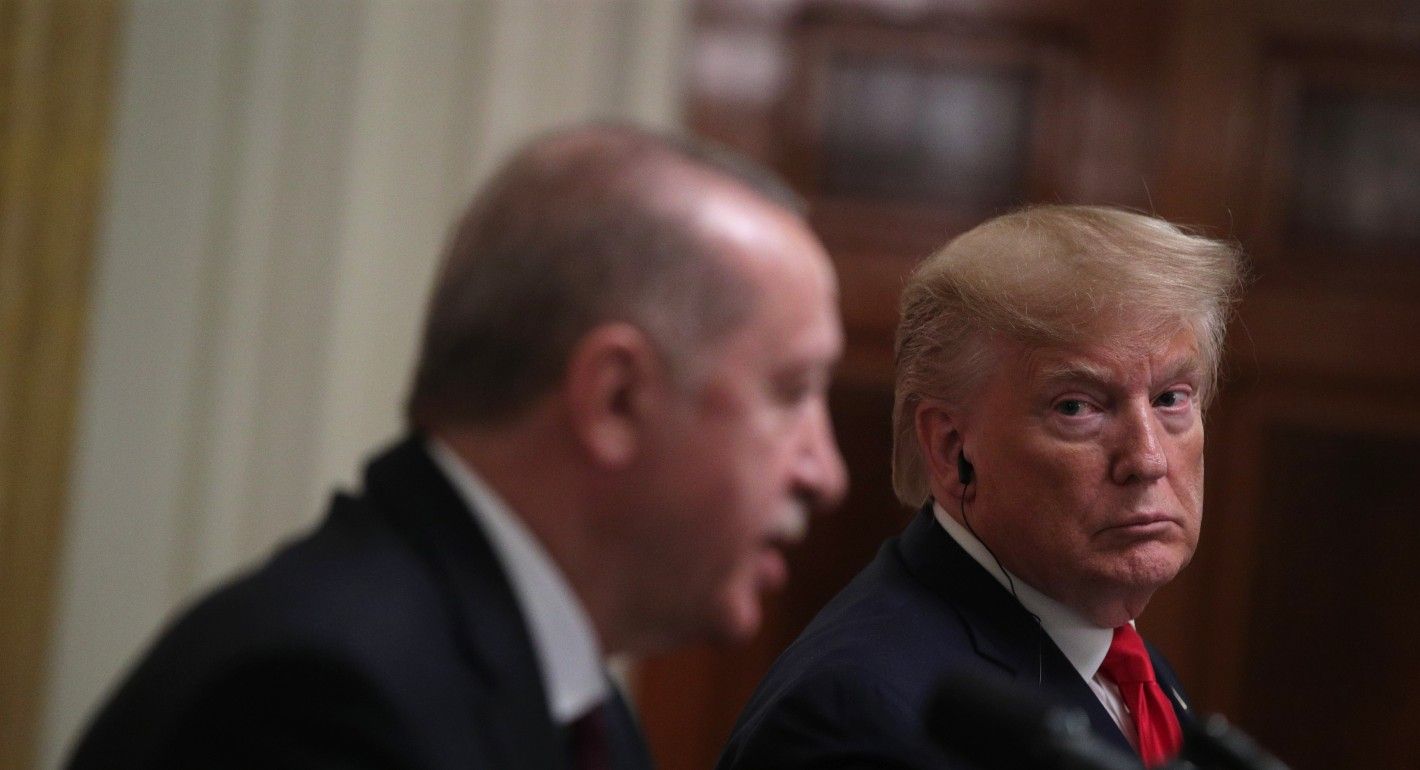
Source: Getty
Trump Holds the Key to Armenia-Azerbaijan Peace
How Trump’s personal leadership can help formerly unwilling partners finalize the deal.
In an unexpected turn of events, Armenian Prime Minister Nikol Pashinyan and Azerbaijani President Ilham Aliyev met in Abu Dhabi on Thursday, ending months of stalemate in diplomatic negotiations and reaffirming their mutual commitment to securing a final peace agreement that could end three decades of hostility.
Behind the scenes, the U.S. President Donald Trump administration has been nudging the two sides for a peace accord that would give Trump a White House photo-op with the two leaders—and another opportunity to argue that he indeed deserves the Nobel Peace Prize. At a recent White House meeting, Secretary of State Marco Rubio mentioned the Armenia-Azerbaijan peace process as a priority for the Trump administration, likening it to U.S.-brokered peace efforts between India and Pakistan and Rwanda and Democratic Republic of Congo.
Despite this indication of good intent, the two sides are still far from a comprehensive peace treaty. After five hours of negotiations, they agreed to continue bilateral negotiations and confidence building measures between the two countries. To move the process forward, President Trump could engage in planned phone calls with both leaders, possibly inviting them to the White House.
Even though Washington has been consistent in its support for peace talks in the South Caucasus over the past few years, the Trump administration also has a chance to bring other players on board. Both Türkiye and Azerbaijan have seemed more interested in forging a deal under the Trump administration. Türkiye now seems on board: During recent bilateral meetings, Aliyev and Pashinyan have both heard from Turkish President Recep Tayyip Erdoğan that it was time to put the past behind and move toward a regional order.
Should they decide to make the leap forward, Armenia and Azerbaijan have a deal ready at hand. In March 2025, the two countries finalized the text of a peace agreement that includes mutual recognition of territorial integrity. But even with a text in hand, negotiations were stuck, and the two neighbors remained far from the finishing line—in large part because Azerbaijan, the stronger of the two in military might, dragged its feet. Emboldened by recent military successes in the 2020 war and the 2023 capture of Nagorno Karabakh, Azerbaijan insisted that Armenia amend its constitution to drop reference to Nagorno Karabakh. There were also unresolved questions of transit through Armenia’s southern Syunik Province—with Baku calling for nearly unfettered access to its exclave Nakhchivan.
Now the two sides seem to be specifically discussing various formulas for transportation and logistics over a trade corridor, possibly involving an international consortium (excluding Russia) that can facilitate passage. If they agree on this, they can postpone the more politically thorny issues around constitutional changes to a process at a later date.
Such a deal could serve as the foundation for a new regional order that would bring economic interdependence and connectivity for the South Caucasus—and allow normalization of ties, not just between Armenia and Azerbaijan but also between Armenia and Türkiye, which militarily supports Azerbaijan. A peace agreement would also open up a lucrative transport corridor between Armenia, Azerbaijan, and Türkiye, linking European markets to the resources of Central Asia.
Furthermore, the Abu Dhabi meeting was a reflection of the shifting geopolitical landscape in the region—with Russia’s leverage in decline and Turkish, U.S., and EU power on the rise. Russia’s loss of influence in the region after launching the war in Ukraine and the deterioration of its ties with Armenia and more recently Azerbaijan have also been major factors that allowed the peace process to move forward. For much of the post-Soviet era, Moscow maintained a delicate balance between the two hostile nations and used ethnic tensions between the two neighbors to maintain its foothold in the South Caucasus—arming both sides, mediating ceasefires, and deploying peacekeepers in Nagorno Karabakh. But over the past few years, both countries have been trying to push back against Russia: Azerbaijan by developing close military alliances with Türkiye and Israel, and Armenia by engaging in frequent public spats, as well as limiting Russia’s military presence in the country.
As a rule of thumb, the closer Armenia and Azerbaijan get to each other, the farther they go from Russia. Armenia has long accused Russia of masterminding coup attempts in the country to overthrow the Pashinyan government. In recent months, relations between Moscow and Azerbaijan have also unraveled, with Baku arresting Russian journalists in retaliation for the deaths of two Azerbaijanis in police custody in Russia. Azerbaijan has also raided Russian-linked news institutions like Sputnik Azerbaijan and canceled Russian cultural events after public recriminations.
However, Russia still has the ability to be a spoiler to an Armenia-Azerbaijan deal. While its preoccupation in Ukraine and the recent diplomatic spats have undoubtedly diminished its regional standing, it could still create economic and domestic problems for both sides. Even with a White House seal of approval, both Armenia and Azerbaijan need to proceed cautiously, mindful of Russia’s long-standing interests and potential to undermine peace by creating economic and domestic problems for both sides.
This is especially true for Armenia. Russia has long been a significant energy and trading partner for the country, which remains heavily reliant on Russian imports, purchasing much of its energy and its grain from Moscow. Yerevan’s urgency for peace with Azerbaijan and opening of borders with Türkiye is driven by the need to reduce its dependency on Russia and develop strategic autonomy, echoing successful hedging strategies employed by Türkiye and Azerbaijan.
Russia’s declining geopolitical position might entice the United States to try to fill the gap. But the Trump administration should resist the temptation to treat regional peace as a purely anti-Russia move and instead frame it as building a sustainable regional order that serves U.S. economic and strategic interests. Trump can take all the glory he wants, but he should make sure that the peace treaty is sustainable and simultaneously pushes Türkiye to normalize its relations with Armenia for a sustainable regional economic order.
U.S. interests in the region are clear. Achieving lasting peace in the South Caucasus would secure a strategically crucial corridor linking Europe and Central Asia—an economic argument that should be at the forefront of the peace talks. It would also mean continued leverage for the United States and Türkiye, giving them an edge over China and Russia in the region.
The road to peace is challenging, yet Trump holds the key to achieving a historic breakthrough. His personal leadership at this pivotal moment could transform years of hostility into enduring stability. By taking decisive action and maintaining committed American support, Trump can leave behind a powerful legacy of peace in the strategically critical South Caucasus.
About the Author
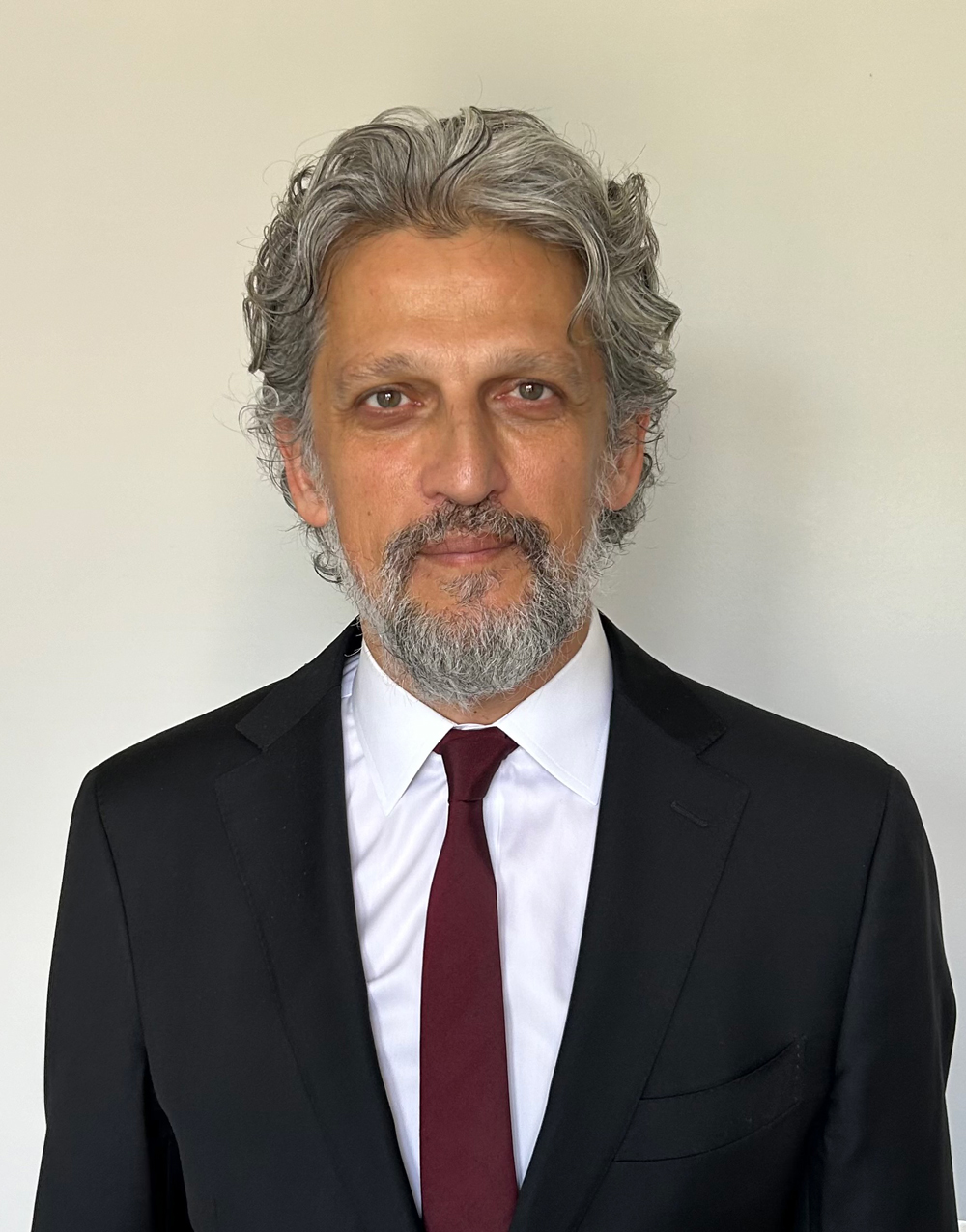
Visiting Scholar, Europe Program
Garo Paylan is a visiting scholar with the Europe Program at the Carnegie Endowment for International Peace in Washington, DC. His research focuses on the South Caucasus and Türkiye.
- Trump Wants “Peace Through Construction.” There’s One Place It Could Actually Work.Commentary
- Testimony before the U.S. Helsinki Commission Delivered by Garo PaylanTestimony
Garo Paylan
Recent Work
Carnegie does not take institutional positions on public policy issues; the views represented herein are those of the author(s) and do not necessarily reflect the views of Carnegie, its staff, or its trustees.
More Work from Emissary
- Trump Wants “Peace Through Construction.” There’s One Place It Could Actually Work.Commentary
An Armenia-Azerbaijan settlement may be the only realistic test case for making glossy promises a reality.
Garo Paylan
- Carney’s Remarkable Message to Middle PowersCommentary
And how they can respond.
- +1
Sophia Besch, Steve Feldstein, Stewart Patrick, …
- The Greenland Episode Must Be a Lesson for Europe and NATOCommentary
They cannot return to the comforts of asymmetric reliance, dressed up as partnership.
Sophia Besch
- The Latest Challenge to Türkiye’s Democracy: Crippling the Main Opposition PartyCommentary
The country stands at yet another important threshold of power consolidation and shrinking space for the opposition.
Alper Coşkun
- As They Edge Toward Peace, Armenia and Azerbaijan Must Resist Old HabitsCommentary
Whether the Washington summit marks a breakthrough or distraction will depend on both leaders’ commitment to finish what they started.
Philip Gamaghelyan, Zaur Shiriyev

